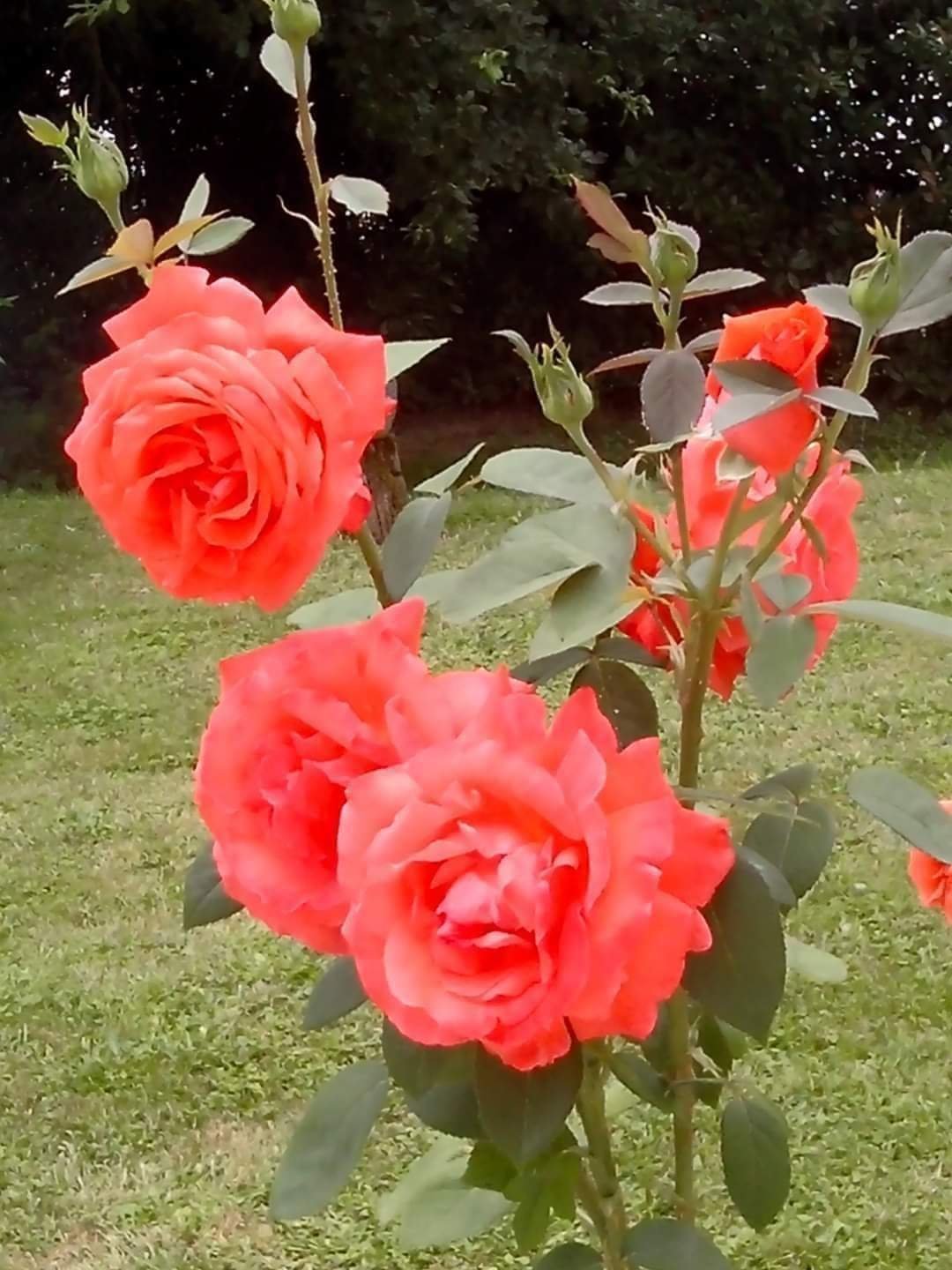Can You Fertilize Roses in the Fall?

Roses are a beloved garden plant, but their care and maintenance can be a bit tricky, especially when it comes to fertilization. One common question gardeners have is whether they can fertilize roses in the fall. The answer is that it’s generally not recommended to fertilize roses during this time of year.
Why Shouldn’t You Fertilize Roses in the Fall?

The main reason you shouldn’t fertilize roses in the fall is to prepare the plants for the upcoming winter. Fertilizing roses in the fall can stimulate new growth that is not hardy enough to withstand cold temperatures, making the plants more susceptible to winter damage.
When Should You Stop Fertilizing Roses?
For roses, it’s generally advised to stop fertilizing about 6 to 8 weeks before the expected first frost date in your area. This typically means halting fertilization in late summer or early fall, depending on your local climate. For example, if the first frost is expected around October 5-28, you would want to stop fertilizing around the first week of September.
What Types of Fertilizers Are Safe for Late-Season Use?
If you must provide some nutrients to your roses in the fall, it’s best to use organic, slow-release fertilizers that promote root growth rather than foliage growth. Some examples include:
- Bone meal (typically around 3-5-4 N-P-K)
- Alfalfa meal
- Compost
Avoid using high-nitrogen, synthetic fertilizers, as these can stimulate new, tender growth that is vulnerable to winter damage.
Potential Risks of Fertilizing Roses in the Fall
Fertilizing roses in the fall can pose several risks to the plants:
- Winter Hardiness: New growth stimulated by fall fertilization may not be hardy enough to withstand cold winter conditions, making the plant more susceptible to cold damage.
- Disease Susceptibility: The new growth can also be more vulnerable to diseases and pests, as it may not have enough time to harden off before winter.
- Salt Burn and Soil Health: Excessive fertilization, especially with synthetic fertilizers, can lead to salt burn and harm the soil’s natural bacteria, which is detrimental to the overall health of the rose plant.
In summary, it’s generally not recommended to fertilize roses in the fall. Instead, focus on preparing your roses for the winter by stopping fertilization 6-8 weeks before the first expected frost. If you must provide some nutrients, opt for organic, slow-release fertilizers that promote root growth rather than foliage growth.
Reference:
[1] https://thegardendiary.com/roses-rose-care/fall-rose-care/
[4] https://www.gardendesign.com/roses/fertilizer.html
[5] https://www.thespruce.com/how-when-to-fertilize-roses-4942489
